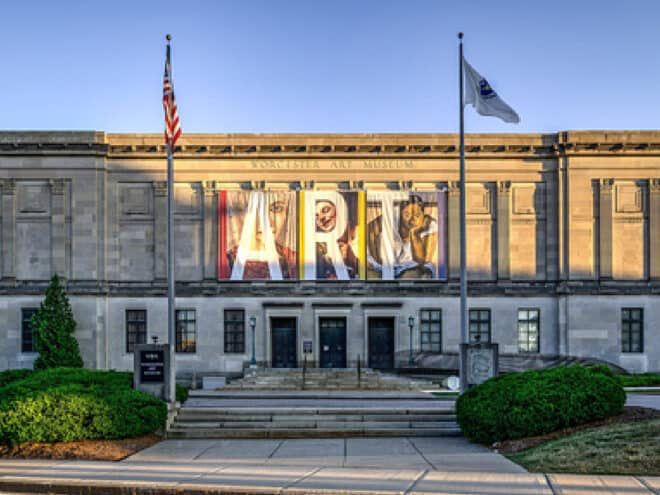An Indian-American curator, who worked with the Worcester Art Museum, is suing the establishment for “mocking” her brown skin tone and subjecting her to “hostile” work environment.
Rachel Parikh filed a 64-page lawsuit in Worcester County Superior Court last month, alleging that she was “mocked and ridiculed because she is a brown-skinned South Asian” Indian woman and “subjected to a hostile and offensive work environment”.
Parikh resigned from her job as associate curator of the arts of Asia and the Islamic world with the museum last fall, radio service WBUR reported.
In the civil lawsuit, Parikh detailed a slew of allegations against Director Matthias Waschek, as well as Parikh’s supervisor, Claire Whitner.
The complaint said Parikh endured “racism and unwelcome and offensive behaviour” on multiple occasions, including while she worked inside the museum and attended social gatherings at Waschek’s invitation, and as she sought to report the alleged incidents.
The complaint further said that Whitner, at Waschek’s request, allegedly also told Parikh about a year after she was hired to “look the part” of a curator, suggesting she “zhush up” her look and “wear makeup, perhaps little earrings, a necklace, a ruffled blouse” to work.
“WAM’s (Worcester Art Museum) employee handbook does not require curators to do any of the things that Ms Whitner stated she and Mr Waschek felt Dr Parikh must do,” the complaint read.
Parikh said comments were also made over brunch with Waschek and his husband in November 2021 and at a dinner at the pair’s home in March of 2022.
She said both men asked intrusive questions about her cultural heritage, referencing a ‘90s British television show that featured an Indian family.
More than once, Parikh alleges, the two white men imitated an Indian accent while discussing the show, WBUR reported.
A public relations firm shared a statement from Waschek in which he called the accounts of his and his husband’s actions in the complaint “patently false” and “staggering”.
An outside consultancy firm hired to probe Parikh’s claims of harassment and retaliation said in its final report in July 2022 that it could not substantiate Parikh’s claims with other colleagues, but found her statements “credible”.
“I believe the museum did its due diligence in investigating Dr Parikh’s claims. She did not bring any of these allegations to me until the day she resigned,” WBUR quoted Whitner as saying.
She called her work experiences mentally exhausting and said the stress took a physical toll.
“I buried myself in my work, because I really enjoy being a curator… But the day-to-day was incredibly difficult, because I was constantly on edge. I was just waiting for a comment to be made or something to happen,” Parikh said.
Parikh quit shortly after the investigation, saying in her notice that the museum failed to uphold its own policies, according to the complaint.
“It took me back to a place where I was, you know, a kid and being bullied for being brown, basically,” she told WBUR.
The complaint describes Parikh as “an expert in South Asian and Islamic art with a focus on works on paper as well as arms and armor”. Her parents emigrated to the US from India in 1979, and she was born and raised in Chicago.

